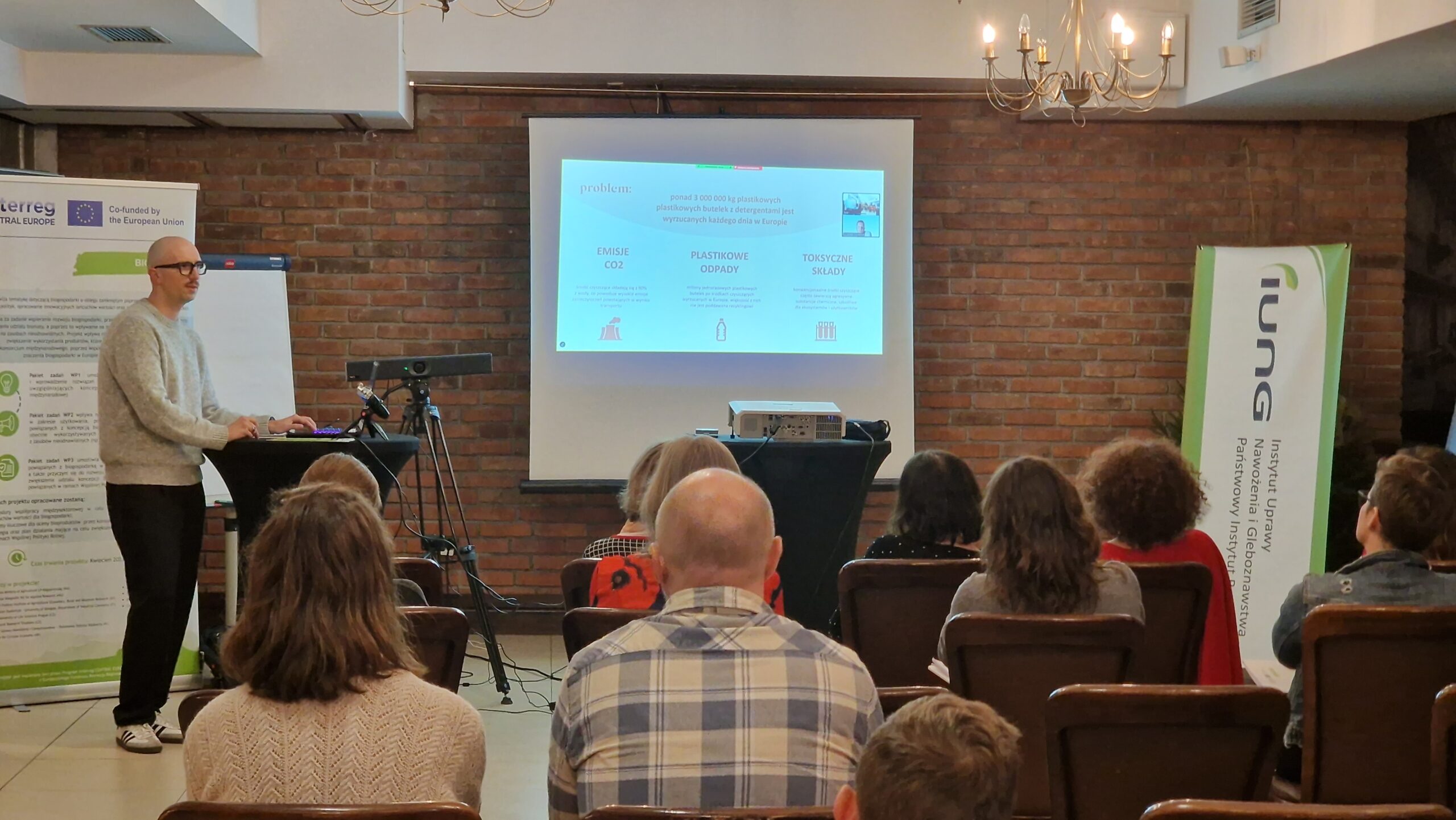In the framework of the BIOECO-UP project, the Institute of Soil Science and Plant Cultivation – State Research Institute (IUNG-PIB) in Poland recently hosted a national Living Lab workshop. The event marked a significant milestone in the project’s efforts to foster stakeholder engagement and support the development and validation of sustainable bioproducts.
Living Labs: A Catalyst for Sustainable Bioeconomy Innovation
Living Labs represent a dynamic, real-world methodology that enables the co-creation, testing, and validation of innovative solutions in collaboration with end-users. By engaging stakeholders—including researchers, enterprises, public authorities, and citizens—these experimental environments ensure that innovations in the bioeconomy sector are both applicable and impactful in real-life contexts.
Objectives and Focus Areas
The Polish workshop focused on several key elements of Living Lab implementation:
- Bioproduct testing and evaluation in practical, user-oriented settings
- Biomass valorization strategies, aimed at transforming organic waste into valuable, market-ready products
- Stakeholder collaboration, facilitating knowledge exchange and fostering innovation through participatory processes
Participants explored a wide array of bioproducts developed from locally available biomass. The Living Lab enabled real-time feedback collection and user-driven insights, critical for the iterative development and market readiness of these innovations.
Examples of Bioproducts Tested
- Eco-friendly cleaning products in a tablet form
- Biodegradable packaging materials
- Natural cosmetics derived from agricultural by-products
- Upcycled food products from surplus bread, addressing food waste
This Living Lab not only served as a testing platform but also as an educational and awareness-raising tool, demonstrating how bioeconomy principles can be applied across different sectors.
📽️ Watch the video of the workshop in Puławy:
Living Lab Workshop Video – Poland
The outcomes of the Polish Living Lab will contribute to cross-country knowledge exchange within the BIOECO-UP consortium and support the project’s overarching objective of mainstreaming sustainable bio-based solutions throughout Central Europe.
By embedding the Living Lab approach within the project’s methodology, BIOECO-UP continues to create a collaborative environment for accelerating the transition towards a circular and inclusive bioeconomy
